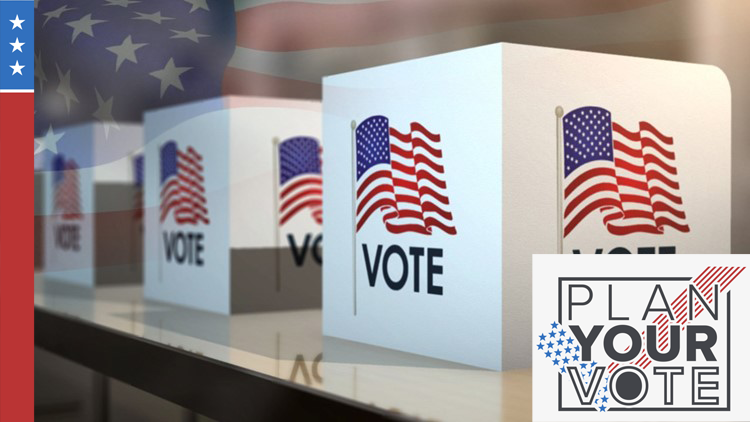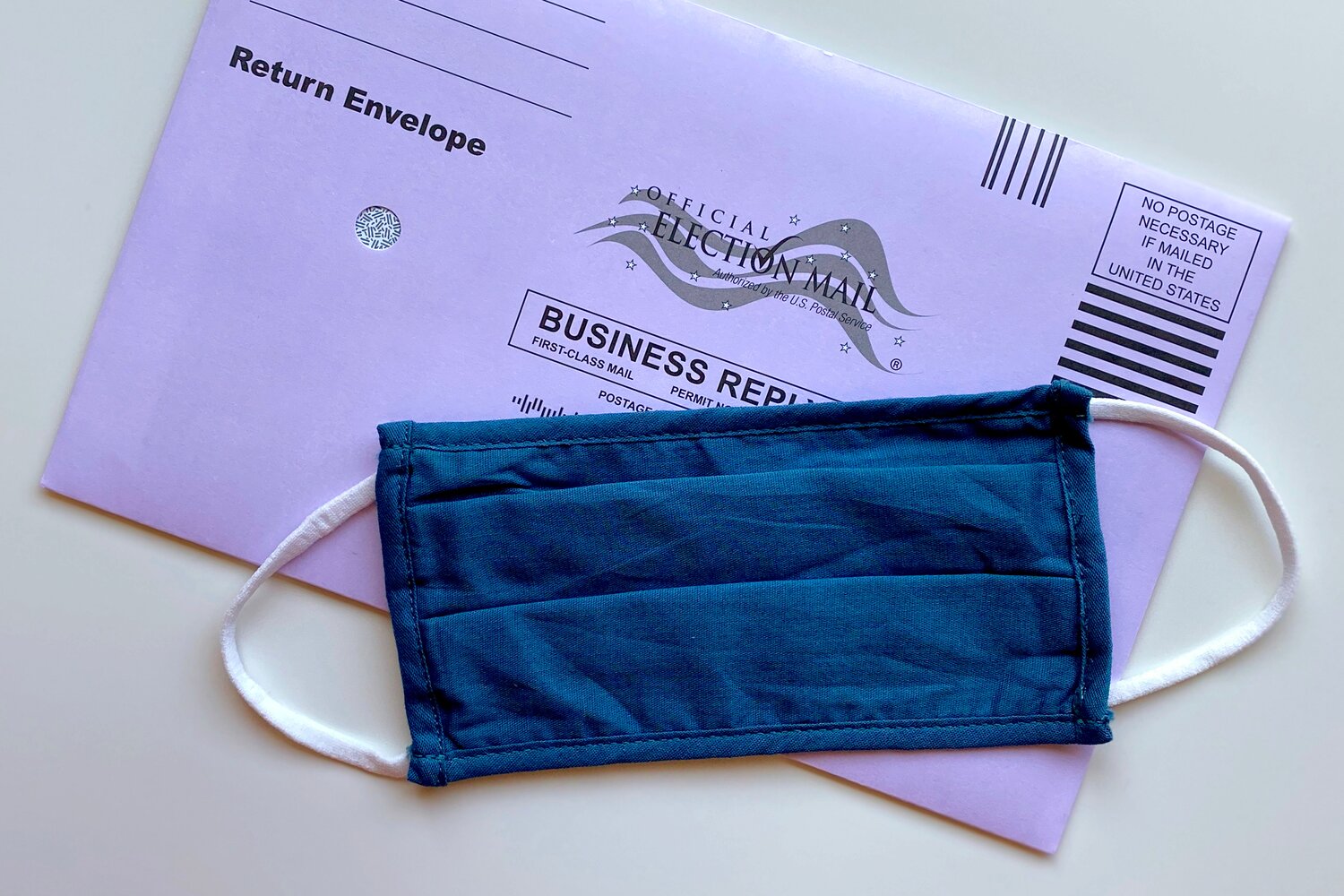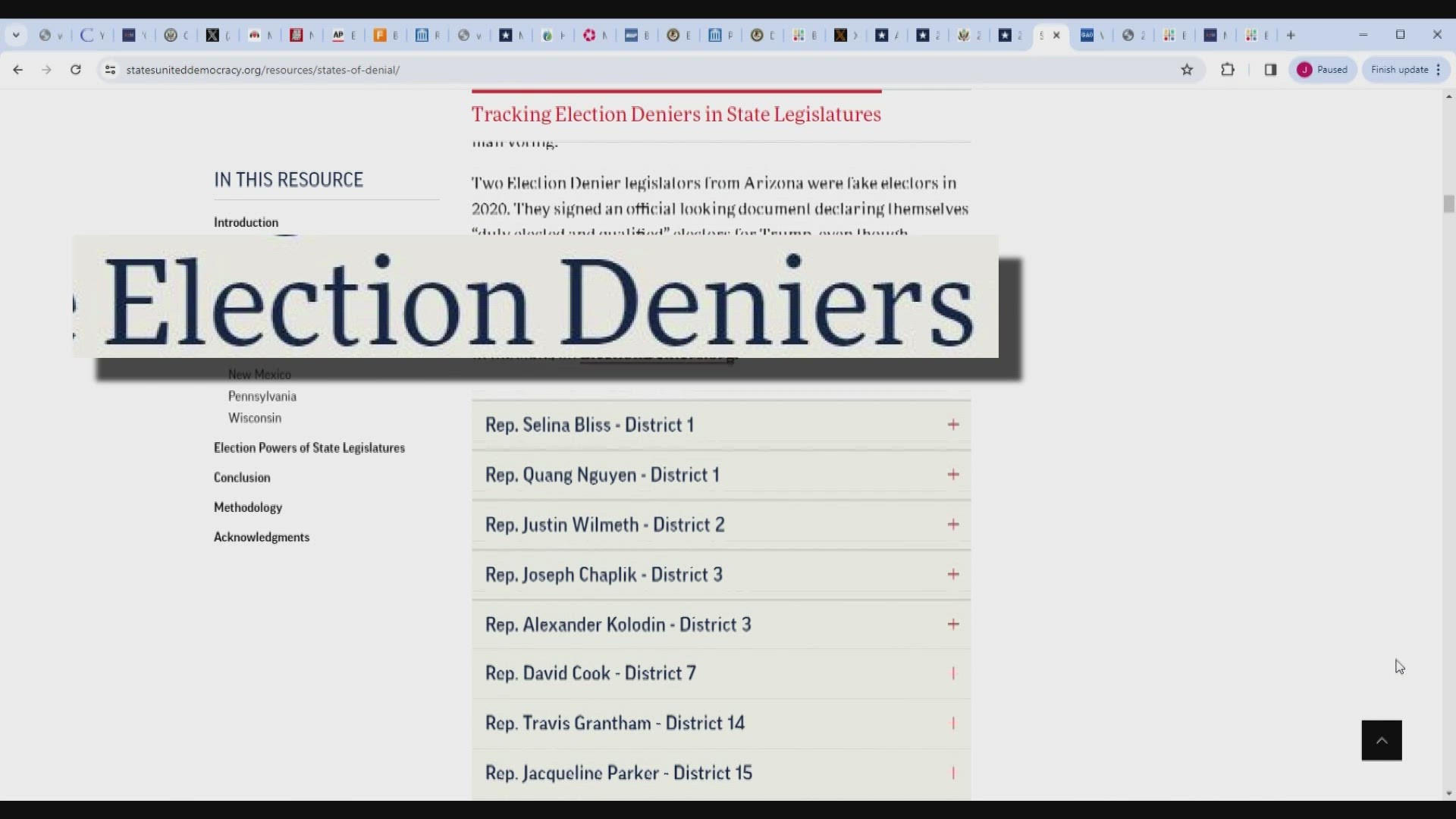PHOENIX — A swath of misinformation is expected to confront voters in the days before and after the 2020 election, according to a recent collaborative paper from the Election Integrity Partnership (EIP).
The paper aims to reassure citizens that they can maintain trust in election processes in the face of misinformation.
It was co-authored by researchers from the University of Washington Center for an Informed Public, Washington State University, and the Stanford University Internet Observatory.
Voters should prepare to be anxious as election totals are being counted, because it's in that uncertainty when disinformation can become dangerous, according to Dr. Kate Starbird, one of the co-authors of the paper.
"We're going to want to resolve these feelings of anxiety about not knowing [election results], and that's a place where misinformation and disinformation can try to fill that void," Starbird, a co-founder of the Center for an Informed Public at the University of Washington, said.
VERSIÓN EN ESPAÑOL: Los votantes podrían ver este tipo de información errónea antes y después de las elecciones del 2020
Voters across the nation, according to the paper, should remember:
- The vast majority of ballot boxes and polling stations will experience no issues
- Winners of races may not be called the night of the election
- To look for statements from election officials rather than social media users
- Most voting experiences are positive
Citizens should also be aware of the heightened risk of misinformation, as most will likely see any of the following tactics:
- Premature winners being declared on election night
- False evidence of voter fraud
- Efforts to deter voting by using images and videos of long lines, COVID-19 dangers, and protests
- Allegations of foreign interference
- Social media companies being accused of censorship when dealing with election-related misinformation
- Overemphasis and strategical framing on problems with the voting process
- Focus on "bad statistics"
- Narratives seeking to delegitimize a shift in vote share from one party to another
This election reportedly has an increased risk of political actors, conspiracy theorists and other opportunities to de-legitimize election results due to heightened uncertainty, anxiety and potential political red/blue and blue/red shifts.
"It's going to be really important for election officials to communicate to the wider public about not just what the results are, but when we can expect the official results," Starbird said.
"It's going to take some time."
You can read the entire paper here.




